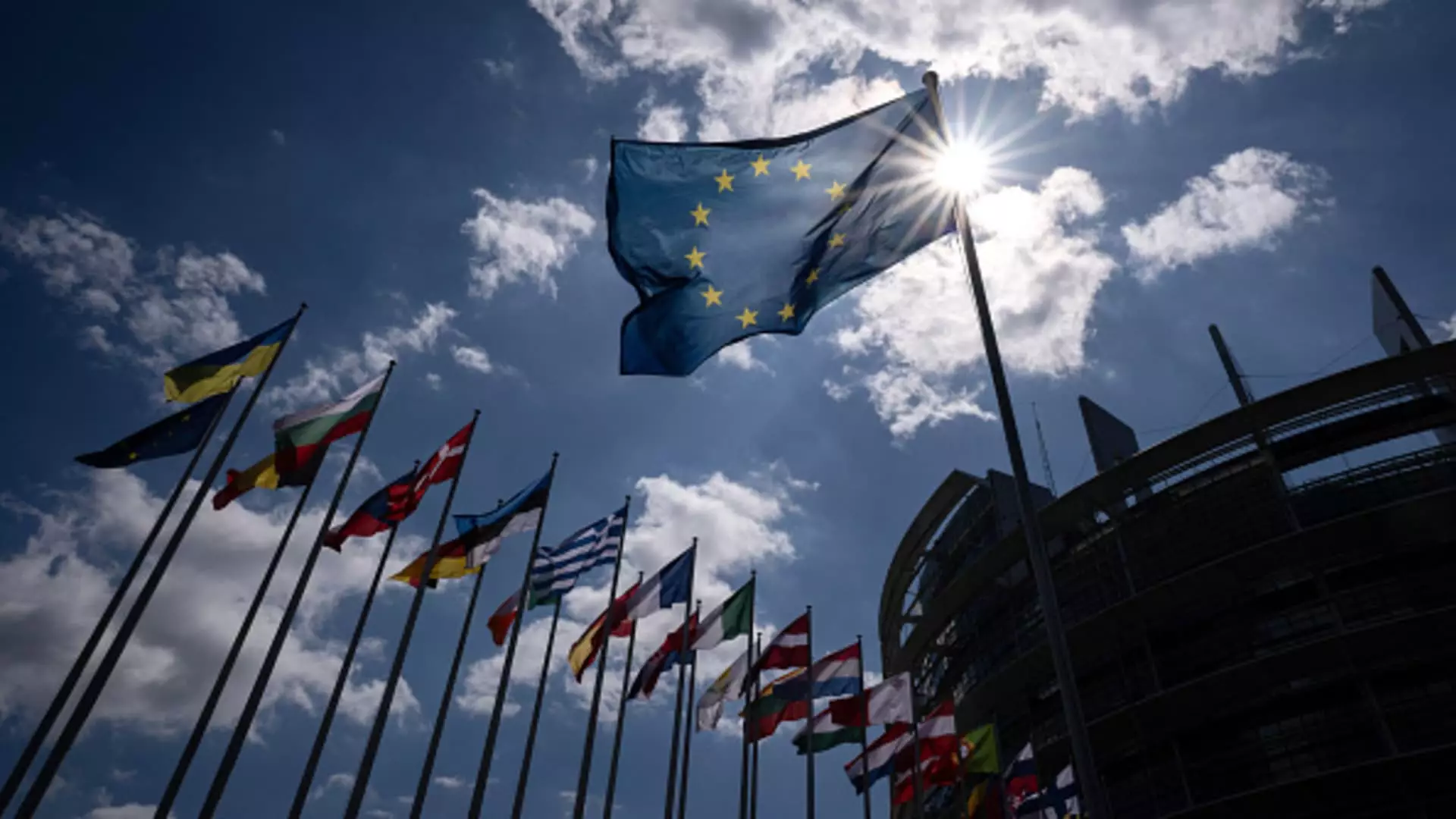The European Union elections took place with millions of voters expected to cast their vote. The majority of votes were expected to be cast on Sunday, with over 400 million people eligible to vote for the 720 members of the European Parliament (MEPs). The voting age varied across countries, with some allowing 16-year-olds to participate. The voter turnout in the last EU election was just above 50%.
Far-right Parties in Europe
The elections took place against a backdrop of growing support for far-right parties in Europe. Dutch nationalist Geert Wilders’ party saw significant gains in the Netherlands, securing seven seats in the EU parliament. This rise in popularity for far-right parties has been a trend in several European countries, posing a challenge to more traditional parties.
EU elections take place every five years, with citizens voting for parties or MEPs from their home countries. The voting systems differ slightly across countries, but citizens can usually cast their ballot in favor of the same political parties at an EU election as they could during a national election. Parties then form alliances in the EU parliament to create a diverse representation across the bloc.
The 720 MEPs come from all 27 EU countries, with the number of representatives varying based on the population of each country. MEPs are responsible for creating and deciding on laws and regulations that impact social, economic, climate, defense, and other issues across EU member states. For example, the Digital Services Act aims to address illegal and harmful online content, impacting tech companies like social media giants operating in Europe.
Analysts are predicting a shift towards more protectionist policies in the EU following the elections, with defense likely becoming a bigger focus. Climate and environmental policies may see a decline in priority, reflecting the evolving political landscape in Europe. The European Parliament also plays a crucial role in shaping the EU’s budget, approving and monitoring it, as well as electing the President of the European Commission.
The European Union elections have drawn attention to the rise of far-right parties, the diversity of voting systems across countries, the role of MEPs in legislation and regulation, and the shifting priorities in the EU post-election. The outcome of the elections will shape the policies and direction of the EU parliament for the coming years, highlighting the significance of citizens’ participation in the democratic process.


Leave a Reply